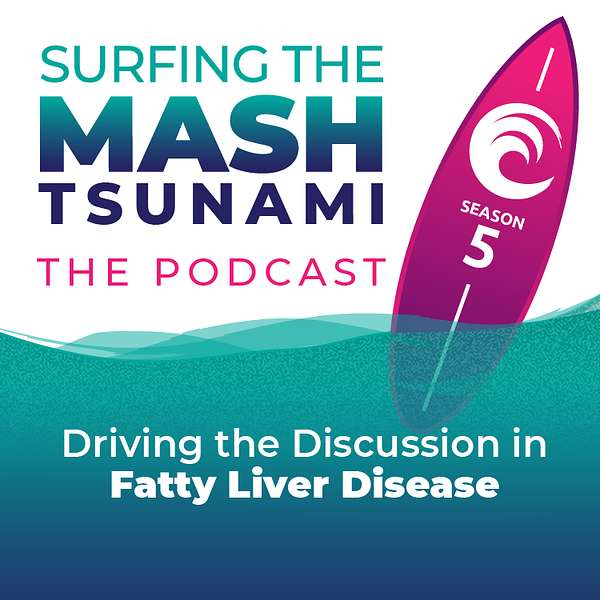
Surfing the MASH Tsunami
Driving the Discussion in Fatty Liver Disease. Join hepatology researcher and Key Opinion Leader Jörn Schattenberg, Liver Wellness Advocate Louise Campbell, and Forecasting and Pricing Guru Roger Green and a global group of Key Opinion Leaders and patient advocates as they discuss key issues in Fatty Liver disease, including epidemiology, drug development, clinical pathways, non-invasive testing, health economics and regulatory issues, from their own unique perspectives on the Surfing the MASH Tsunami podcast. #MASH #MAFLD #FattyLiver #livertwitter #AASLD #GlobalLiver #NoNASH #EASL
Surfing the MASH Tsunami
S5 - E23.2 - From The EASL Congress: Dynamics Of The Physician-Patient Dialogue
Co-chairs Shira Zelber-Sagi and Mike Betel and panelists Tom Marjot and José Willemse, all from the EASL Congress session "Patient Experiences in Clinical Settings," join Louise Campbell to discuss some of the key dynamics shaping the physician-patient consult.
This conversation starts with Mike asking Tom whether he reviews the patient's history before the visit. Tom says he does so because he considers preparation vital to a successful consult. That said, Tom notes the importance of being responsive to the conversation rather than using the chart review to decide the outcome of the visit. He provides some empathetic detail about how important the visit is to the patient and, as a result, how important that he be responsive as well as prepared.
José agrees, provides more color, and notes what she considers the most important question a physician can ask a patient: "How are you feeling today?" To José, asking that question just one time a year can change he entire dynamic of the relationship.
Tom then notes the scarcity of time and the double-edged demand this creates for each visit: plan in advance to use time as productively as possible, but once the patient is in the consult, give it all the time it needs.
After José makes a point about the importance of using language precisely, Louise joins the conversation to describe the consult as "like speed dating," with both sides having a scare few minutes to make a relationship that will be pivotal to the patient.